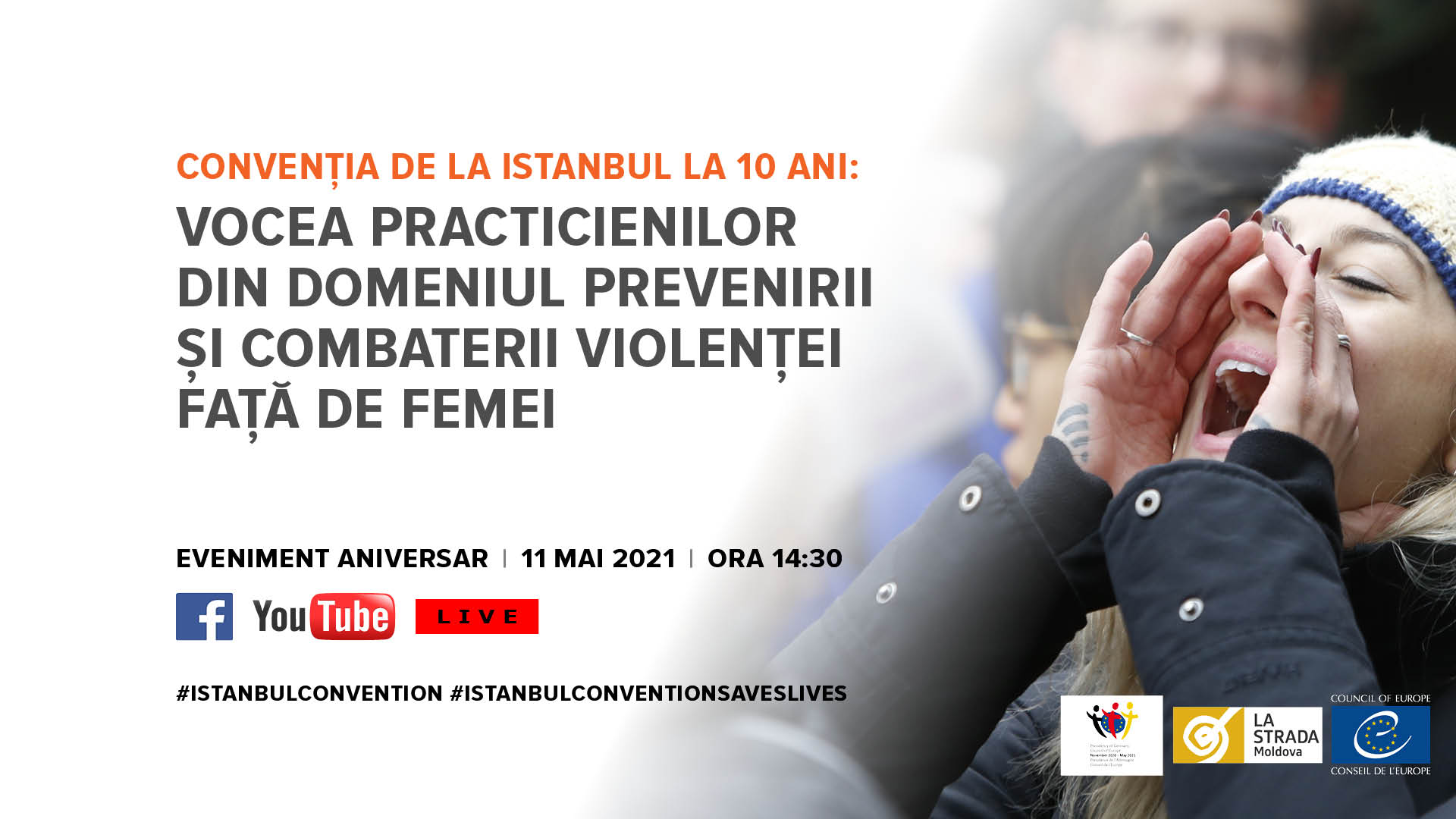The Council of Europe Convention on Preventing and Combating Violence against Women and Domestic Violence, also known as the Istanbul Convention after the city in which it opened for signature 10 years ago, on 11 May 2011, is the most far-reaching international legal instrument to set out binding obligations to prevent and combat violence against women. Thirty-four member states of the Council of Europe have ratified it, twelve have signed it – along with the European Union – and it is used as a basis for action by many countries outside Europe.
The Istanbul Convention recognises violence against women as a violation of human rights and a form of discrimination against women. Based on a victim-centred approach, it offers practical tools to ensure the protection of women and girls, their safety and empowerment. It links these to the wider goal of achieving equality between women and men.
Over the past 10 years, it has guided numerous states in advancing their legislation and policies in order to prevent and combat violence against women effectively. The convention makes a difference for women and girls and represents an important advocacy tool. Celebrating its 10-year anniversary means celebrating its transformative power and uniting behind this landmark treaty.




